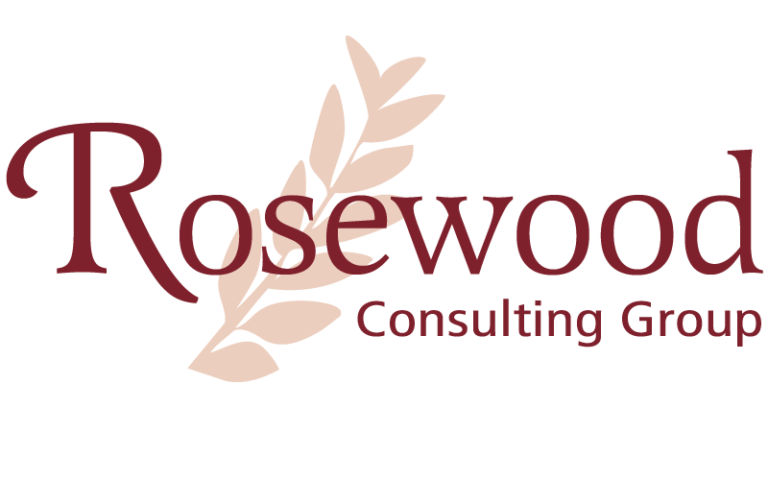
Another New Year is upon us. This past year, the holidays had a decidedly different feel, given the pandemic and an uncertain economy. Life has become more precious, and generally, individuals are looking for ways to increase the balance between their work and personal lives—family, friends and volunteer activities. How can you identify what’s most important to you during this season? What changes do you want to make in 2021? Can you give yourself the gift of making those changes a priority?
Often, we focus on our career goals at year-end, especially when the economy and job market are tenuous. However, in light of what’s happening nationally and internationally, it might be a good idea to focus on life goals this year. Why not take some time to identify what’s really important in all aspects of your life? When your career and the rest of your life are more in balance, you feel more satisfied and you just might have more energy to spend on everything you do. But this doesn’t happen simply by wishing for it to be so or declaring increased balance as New Year’s Resolution Number 1.
How do you identify what’s important? Any evaluative process begins by looking within. Which components of your life—career, family, volunteer activities, hobbies, leisure activities—do you want to focus on in the coming year? Committing this to paper is an effective way to begin. Start with a blank sheet and draw a large circle. This is your “Pie of Life.” Think about the amount of time you spend on each aspect of your life and divide the pie accordingly. Look at your diagram and determine if this is how you want to spend your time going forward. If not, redraw the pie appropriately.
Now that you have identified how you want to prioritize, you’ll need to create strategies to move your plan from paper to reality. If spending more quality time with family is key, determine some ways to carve out time to do this. Everyone’s schedule is busy. Consider designating one evening each week for a family activity. Or, commit a half-hour or hour each evening to reading, talking or doing something with your family or friends. At our house, we try to spend each Sunday evening together playing a board game or watching a video. For the most part, we are protective of those Sunday evenings.
Committing time to family also means learning to say “no” to other requests for your time. While it’s not always easy to say no to your boss, there may be ways to flex your schedule or delegate tasks to accommodate family needs. Can you work smarter rather than harder? Do you have a colleague at work who is willing to share responsibilities so each of you can create more balance? Are you able to pick and choose projects?
Learning to say no to volunteer requests can be easier. Determine which activities fit with other goals you have identified. For example, if you want to move your career forward, evaluate requests for your time based on their positive impact on your career: Will you develop a new skill, enhance your knowledge base, connect with individuals who could provide good opportunities for networking or mentoring?
If you want to say no but find it difficult to do so, practice saying, “I’m sorry to decline, but I’d want to do the best job for you, and I simply can’t commit the time to your project that I know would be required to do a good job.” Consider writing that phrase (or one that captures your own way of expressing it) on an index card, and pull out the card as you prepare to decline.
If you find that the only thing out of balance is your ability to spend time on yourself—exercising, pursuing a hobby or simply having some down time to relax and read a book—consider asking for more help around the house from family members, a significant other or roommates. Set up a schedule of who does what chores each week. Commit time to a leisure activity by building it into your schedule at a specific time each day or week.
If you have kids, determine if they are over-scheduled. It’s alright to help them say no to yet another activity, especially if it involves you spending more time facilitating said activity. And, if you have young children, remember that in these years, it’s okay if your house would not be ready for an Architectural Digest photo shoot at a moment’s notice.
If you decide that this is the year you do want to focus on your career, you’ll need to identify goals and priorities. Do you need to ask for particular assignments to help you increase your skills, knowledge or visibility? Is it important for you to have one or more mentors to guide and coach you through the process? Are there training programs or other professional development activities in which you should participate? And, how can you engage your family and friends to support and help you? Many times, all you have to do is ask.
Many of us are often reluctant to ask for help. I’m frequently pleasantly surprised at how eager my spouse and kids are to help when I explain what’s on my “career plate” this week or month and calmly ask for help, rather than wait until I’m overwhelmed and lose my temper. Ultimately, it’s up to you to make a plan for how you’ll focus on what is most important to you. But, it never hurts to have a mentor or friend help to keep you on track. Check in (or ask him or her to check in with you) periodically to talk about how your plan is progressing. Evaluate how you are managing your time on a regular basis.
Finally, one of the most important New Year’s resolutions you can make about balance is to never say “yes” to a volunteer request as soon as it’s made. Instead, tell people you made a promise to yourself to always consider a request for one day before responding. Let the person know that this doesn’t mean that you will say no, simply that you want to think about it before you say yes. Good luck in setting your priorities and have a happy and healthy New Year!
This article originally appeared in the Sentinel in June 2002. It has since been edited to reflect current events. Source
AUG
2018
